Discover mental health insights for black teens. Explore personal stories and resources designed to resonate with your unique journey.
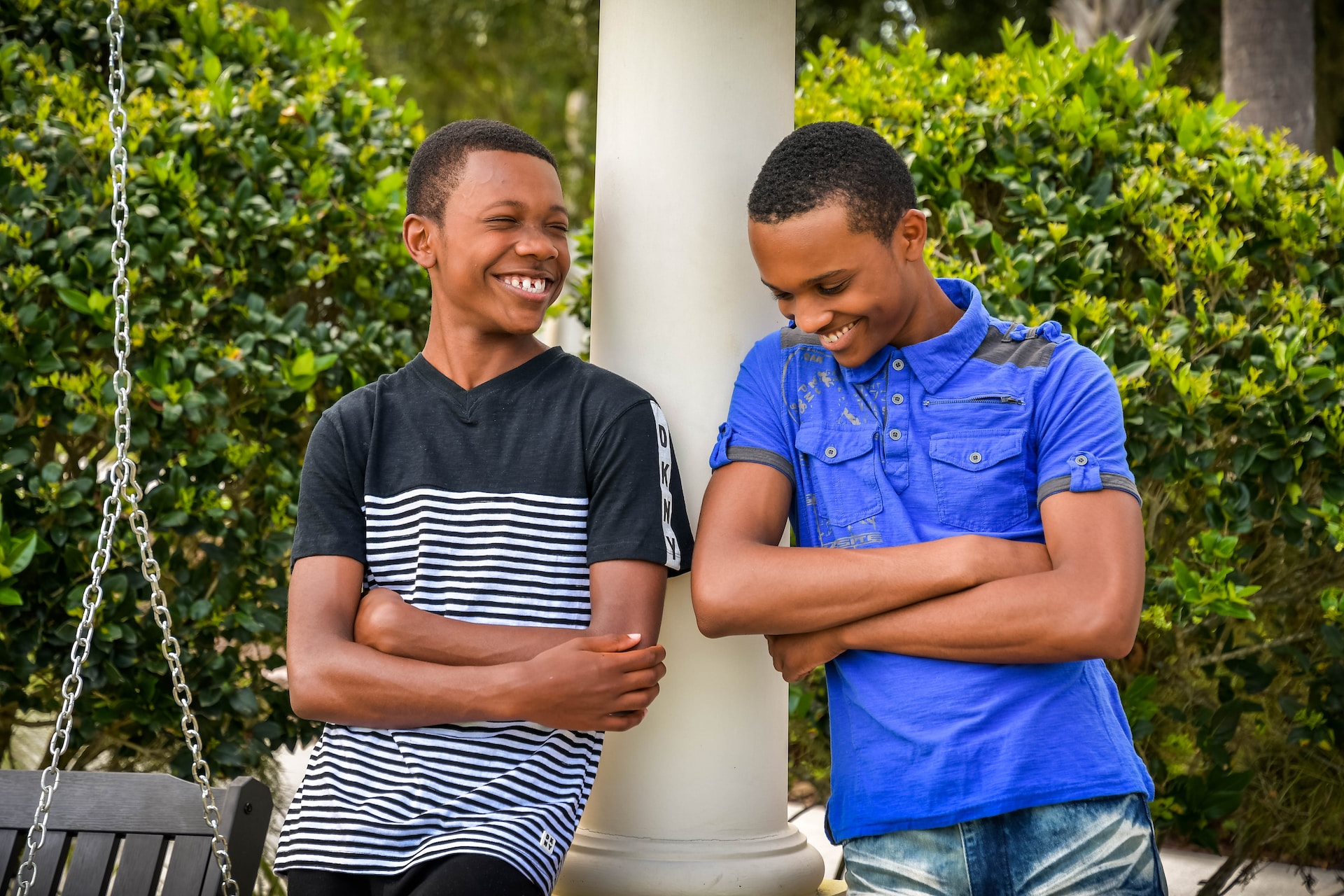
Wamah was not raised to share his emotions beginning at a very young age.
“I was often told boys don’t cry, stuff like that,” he says. “It causes a lot of issues growing up.”
Wamah began realizing that the stigma set in his family around emotions took a toll when he was in high school in North Carolina. It hampered his mental health in ways he did not know, but soon began to discover.
“I have issues giving myself in relationships or friendships or anything like that,” he says. “It takes a toll.”
For Sidney, growing up as a black female going to a predominantly white elementary and middle school created a mindset that festered in her that she wasn’t good enough compared to her white peers.
She developed imposter syndrome, never feeling good enough, or like she had to out-work everyone around her. She only felt good about herself with external validation. And she never felt like she had a fair shake. Combine that with the systemic racism in this country, and it created a very stressful environment where the high school student felt like she could never relax.
“It’s made like a toxic environment to kind of grow up in,” Sidney says.
Their stories might sound familiar, part of a growing chorus of teens like you talking about some of the specific issues in your community, households and culture that disproportionately can have an impact on your mental health.
Teens like yourself, Wamah and Sidney continue to share how difficult it is to share their problem with their families – in part because they were told not to share their emotions, because their parents dismissed their problems as minimal compared to theirs, or because a lack of adults they felt comfortable speaking with.
On top of that, we know that young people of color and their families have been disproportionately impacted by the pandemic. We also know that black youth face more trauma from gun violence in their communities, but also after the public shootings of several African Americans by police in America.
We know these cultural and systemic issues can plague you in your daily life and it can feel daunting and place even more stress on you than the average teen.
We know that black/brown teens access only half the mental care of their white peers. But more nuanced research about mental health for youth of color has been lacking.
However, groups like AAKOMA are on the frontline, advocating for more inclusive research. Their “State of Mental Health Youth of Color Report 2022” report gives us some critical insights.
Some data might hit close to home. But if you take anything from it, know this: you’re far from alone in how you’re feeling.
While there needs to be more data breaking down the experience of Black youth, The AAKOMA Project has helped start an important conversation by diving deep. We also really love that they included some helpful statistics about where black youths found support and hope. We wanted to share those too for your inspiration.
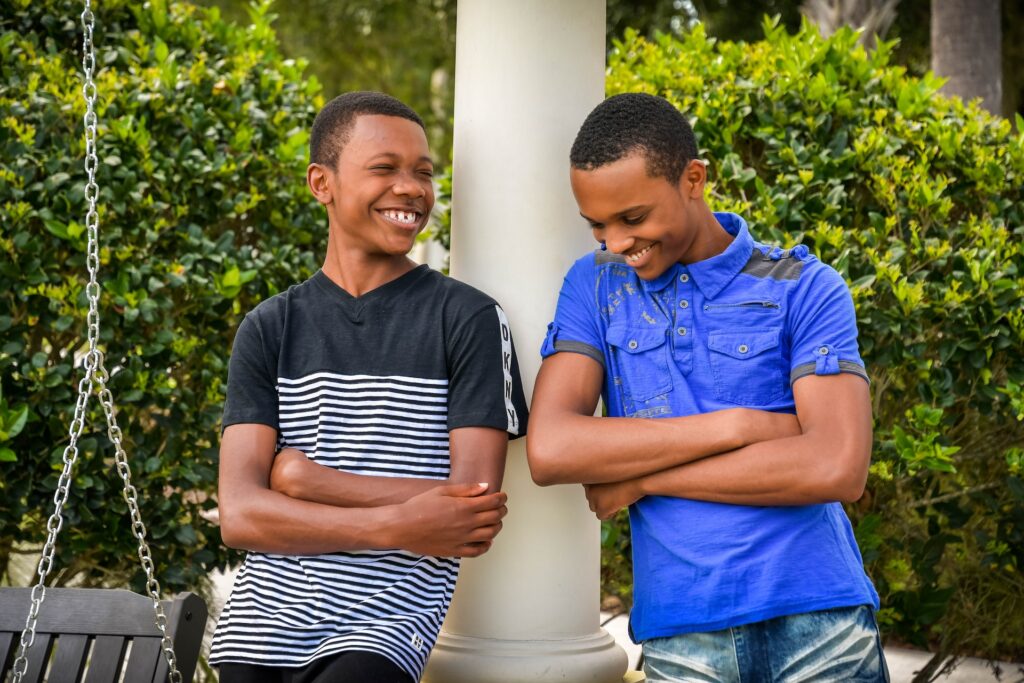
77.9% have at least one person they feel loves them.
74.6% have at least one person they feel loves and trusts them.
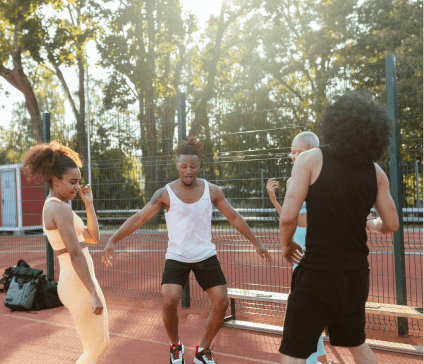
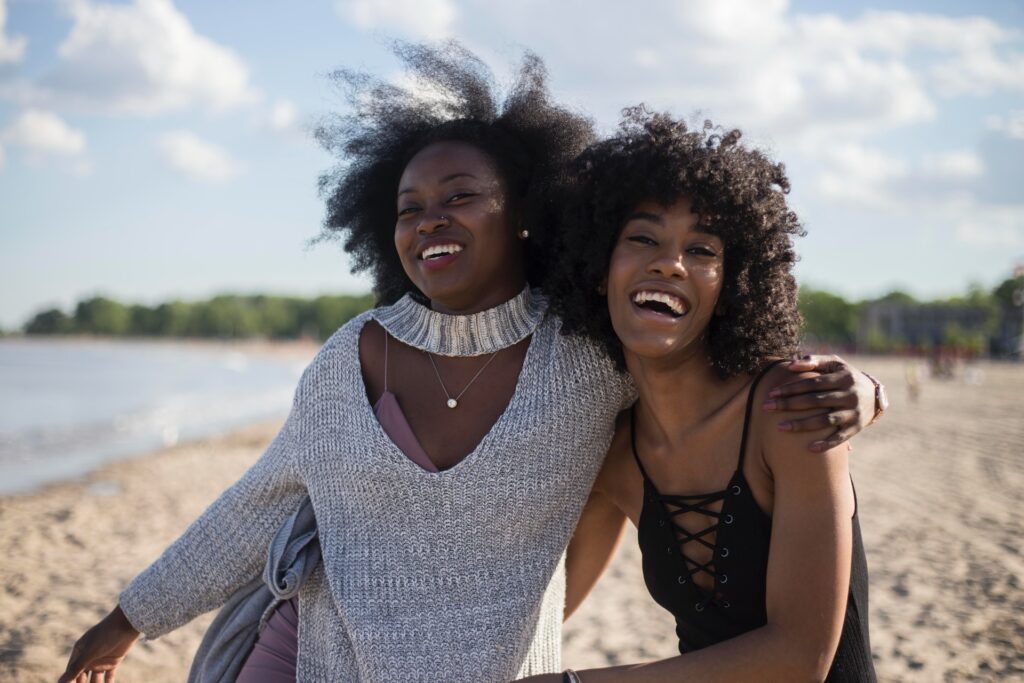
61.1% are hopeful about the future.
77% have at least one person they feel they can trust.
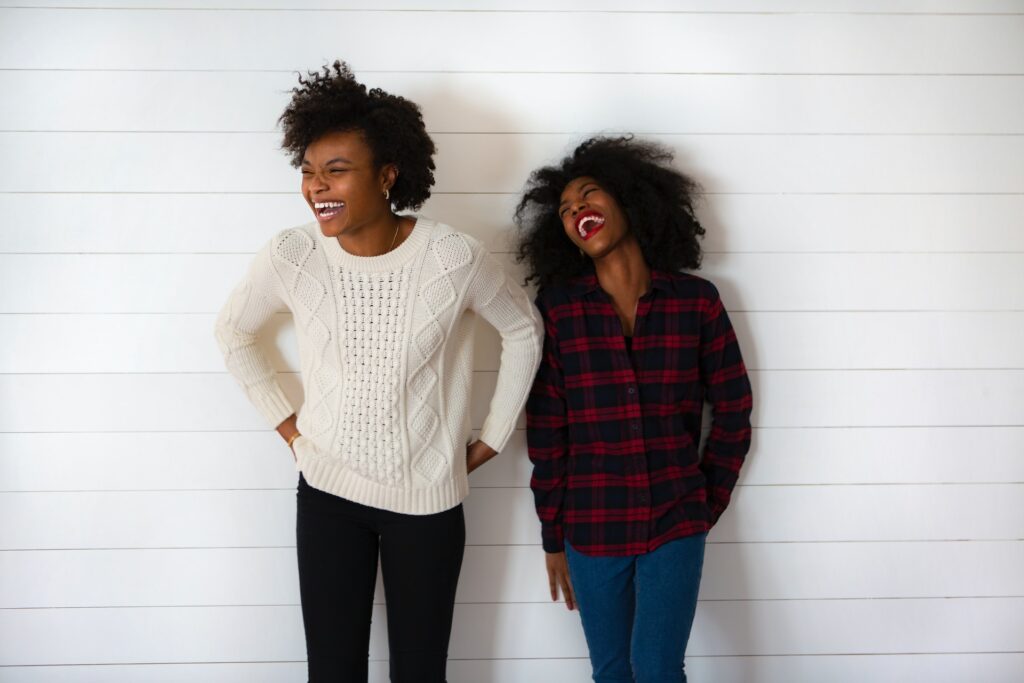
Find those bright spots in your life. They are important to celebrate and identifying them can help bring you closer to bettering your wellbeing. And remember, you can be one of those bright spots for others too!
???????? Choose You: Prioritize your well-being. Simple acts can make a world of difference: drink a refreshing glass of water, take a few deep, grounding breaths, or jot down something you’re grateful for today. Allow yourself moments to stretch, compliment yourself, or even declutter a small corner of your room.
???? ???? Recharge and Boundaries: It’s crucial to recognize when you’re stretched thin. Give your mind a breather. Maybe it’s meditating for a few minutes, setting aside screen-free hours, or simply taking a moment to stretch between tasks. Cultivate habits that ensure your energy isn’t constantly drained.
???? ???? Leisure Moments: Life isn’t just about hustling. Amidst school and chores, indulge in sheer enjoyment. Whether it’s binging a show you’ve been waiting for, reading a book, challenging your friends to that new multi-player game, finally trying out that TikTok dance or taking a relaxing shower or calm walk, make sure to carve out moments purely for pleasure.
???? ???? Tap into your cultural identity: Embrace the beauty of your roots. Maybe cook a traditional meal from your culture, attend cultural events, explore fashion from diverse background or even create artwork inspired by your heritage. Seek out videos where people of your cultural identity speak openly about mental health online, making that connection between your heritage and well-being all the more meaningful. Celebrate who you are – it’s not just empowering, it’s beneficial for your mental wellbeing.
???? ???? Seek support in meaningful relationships: It feels good to be understood. Whether it’s your cousin who just gets it, that auntie or teacher who seems pretty open and cool, or your BFF from school – lean on them. If you’re unsure where to turn, many organizations cater specifically to BIPOC youth. They’re ready to guide you, and they understand your unique experiences.
The Steve Fund: A hub for young people of color mental health. They team up with experts and youth to boost mental well-being understanding and support. Dive into their resources: watch videos of teens discussing mental health, tune into podcasts, and explore more tools.
BEAM: Black Emotional and Mental Health Collective. BEAM has resources on education, training and advocacy. Why not try their peer support spaces and check in and connect with other black youth.
AAKOMA Project: The AAKOMA (African American Knowledge Optimized for Mindfully-Healthy Adolescents) Project is a charity helping to advance the mental health of young people of color and their families. They provide tailored tools, educational programs, and resources.
Black Girls Smile: This initiative designed to champion the mental health of black women and girls puts mental wellness as a vital component of overall health. Black Girls Smile offers a wealth of resources and support. This includes educational programs, workshops, and community outreach events aimed at promoting mental health awareness and reducing the stigma surrounding mental health.
Disclaimer: This website offers general information and is not a substitute for professional advice. We are not clinicians or trained professionals; this information should not replace seeking help from a qualified healthcare provider. Please consult a healthcare provider for personalized guidance.